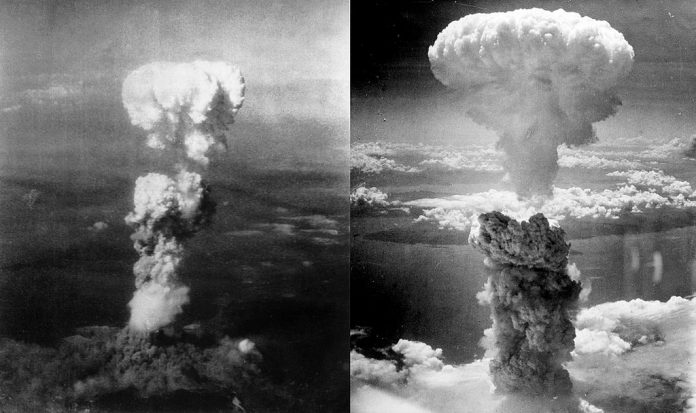The Church has a long history of ‘just war theory’. Over the centuries, deriving from the initial formulation of Saint Augustine, then, building upon that, Saint Thomas and other theologians, our Tradition has developed the criteria for initiating and conducting a war that is just, which may seem paradoxical. After all, does not war necessarily imply some injustice? Yes, but only from one side. To defend oneself is not only a right, as the Catechism says, but is also at times a duty.
The first principle of a just war (cf., CCC, #2309) follows from this:
- the damage inflicted by the aggressor on the nation or community of nations must be lasting, grave, and certain;
There must be an aggressor, and the harm significant. A pre-emptive war raises many moral questions – that someone might inflict harm is often uncertain. War is thus always thus ‘asymmetric’, inasmuch as every war is defensive, its aim to limit or neutralize what is being inflicted by the aggressor.
- all other means of putting an end to it must have been shown to be impractical or ineffective;
As the saying goes, war is diplomacy by other means. But, as Christ warns, we must try diplomacy first, striving to reach a rapprochement, even if – and usually if – concessions must be made. There is no perfect justice in this world, and our idea of ‘perfect justice’ may not be all that perfect.
- there must be serious prospects of success;
This is one may be difficult, for should one just submit if there no prospects of success? Usually, yes. This was the lot of the Israelites against the Babylonians. Better, at times, to tolerate the giving up one’s legitimate rights, than suffer annihilation.
And on that note…
- the use of arms must not produce evils and disorders graver than the evil to be eliminated. the power of modem means of destruction weighs very heavily in evaluating this condition.
Just so, pyrrhic victories are the stuff of novels and legends, where you suffer far more harm in beating the enemy, than in suffering what injustices there be. There are no winners when both nations – if not much of the rest of the world – are reduced to radioactive slag heaps and everyone, or mostly everyone, is dead. And those still living wish they were.
Hence, there’s no such thing as ‘victory at any cost’. Some costs are simply too high, and some things too precious to give up, even in a just war.











